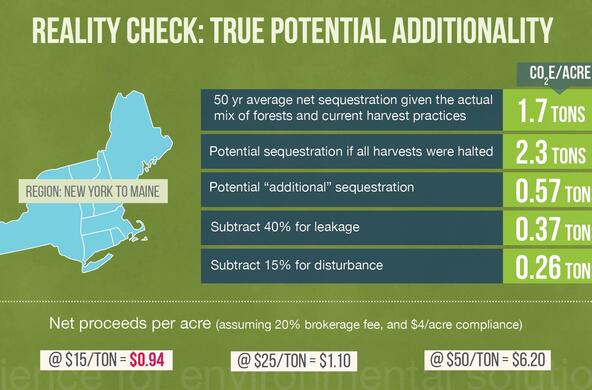Thankfully, the argument about the reality of global climate change seems finished. The majority of the public now joins the consensus of climate scientists, who have furnished compelling proof that the planet is warming and that humans are at least partly to blame. Now, what to do about it?
First, we must realize that curbing carbon dioxide emissions will cost money - not only the government's money, but money out of our own pockets. Basic economics led us to fossil fuels, which are cheap and power nearly all of modern society. At least in the short term, new energy sources that do not emit carbon dioxide will be more costly. This means higher prices for gasoline, electricity and home heating.
We can talk, as Gov. Paterson and Sen. Gillibrand did at the Hudson Valley Economic Development Summit last month, about green jobs. And we should pursue them with vigor. But the unspoken reality is that, in the future, renewable energy will come at a higher price.
The environmental and societal cost of continuing business as usual is enormous and unfair to future generations. Since the origin of civilized human society, it is unlikely the Earth has ever warmed this much and this fast. At the same time, we expect agriculture to feed more than 6 billion of us, and we continue to concentrate our growing populations in fragile coastal zones.
Numerous scientific projections show a concerning rise in the spread of both crop pests and tropical diseases that infect humans. Sea-level continues to rise, the Arctic ice pack is melting, and regional water shortages are becoming commonplace. Even our defense and security agencies are beginning to look at climate change as potentially disruptive to world stability. If we do not respond, quickly and at a meaningful level, we will pay a high price in the coming decades.
Fee Could Boost Efficiency
What can be done? I recommend a three-pronged approach. First, to wean us from fossil fuels, a tax should be imposed on each pound of carbon dioxide emitted to the atmosphere from coal, oil, or natural gas. At the very least, if energy is expensive, we will use it more efficiently. I prefer a carbon tax to a cap-and-trade system because it is so much more straightforward - fair, efficient and effective - call it a "FEE."
The proceeds of a carbon tax could be used to reduce traditional income tax, so we tax to ensure efficiencies rather than taxing our labor and productivity. Higher-priced fossil fuels will also cause these energy sources to finally bear the cost of the problems they cause, such as health care for asthma in children.
Second, we must begin an ambitious program of research - equivalent to NASA's space program -to bring renewable energies to reality. If we can reduce the cost of renewable energy by a significant factor, it will not be economically disruptive for us to depend on it for much of our energy. Already, wind power is competitive with coal-fired power plants. Bringing solar, biomass, tides and other forms of renewable energy to market is not beyond the problem-solving ability of our nation's bright and motivated engineers. These green jobs would be part of the energy solution.
Third, we must address tropical deforestation, which is responsible for about 20 percent of the rising concentrations of carbon dioxide in the Earth's atmosphere. It would behoove the United States to enter treaties that motivate all nations to preserve their remaining old-growth forests, especially in the tropics and in the boreal zone.
At the same time, we must abandon the current emphasis on using young trees and agricultural soils to reduce atmospheric carbon dioxide. This policy is driven by wishful thinking and regional politics, not reality. Yes, growing plants use carbon dioxide during photosynthesis. But the amount they remove from the atmosphere and convert into plant tissue is too small to make meaningful reductions in the atmospheric concentration. And a number of agricultural practices, such as irrigation and fertilizer application, often increase carbon dioxide emissions.
These suggestions are radical, but not new. Today's economic conditions have significantly tilted the playing field, but they call for new plays, not the old game plan.





